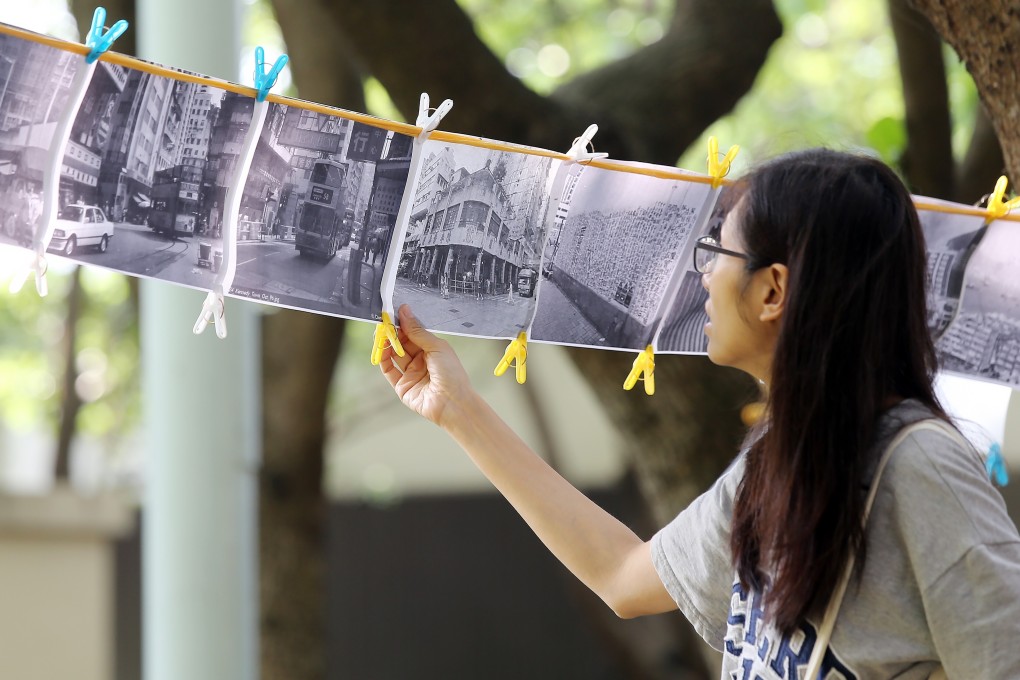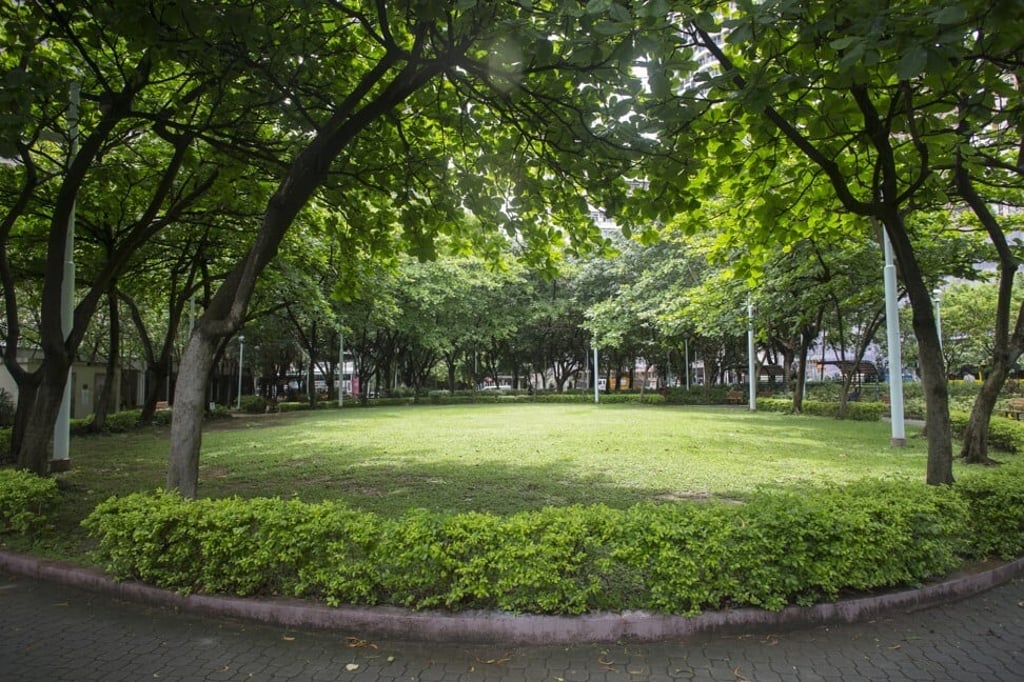Letters | Don’t waste public money ‘cleaning up’ Hong Kong’s Cadogan park
- A recent test shows safe levels of pollutants in soil at the park. The government should not base its decision to conduct soil decontamination work on an assessment 20 years ago

Since 2017, the Town Planning Board has designated the Cadogan Street Temporary Garden in Kennedy Town an “open space” in land use zoning, so it has continued to serve the community as a park.
Since then, members of the local community and some scholars have also requested the Civil Engineering and Development Department to remove the garden site from the scope of its Kennedy Town decontamination project.
Sadly, the department has insisted that soil decontamination is necessary at the Cadogan garden, based on an environmental impact assessment done around 20 years ago, without retesting the soil to ascertain whether decontamination is needed now.
The department also indicated that the decontamination site will be 3 metres deep, which is much more than the depth of the surface soil (around 1 metre) required for decontamination, according to international standards.
